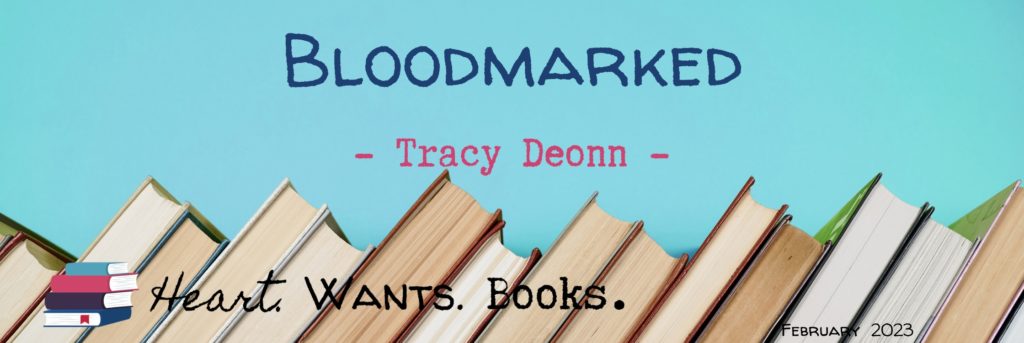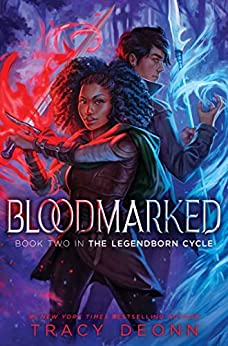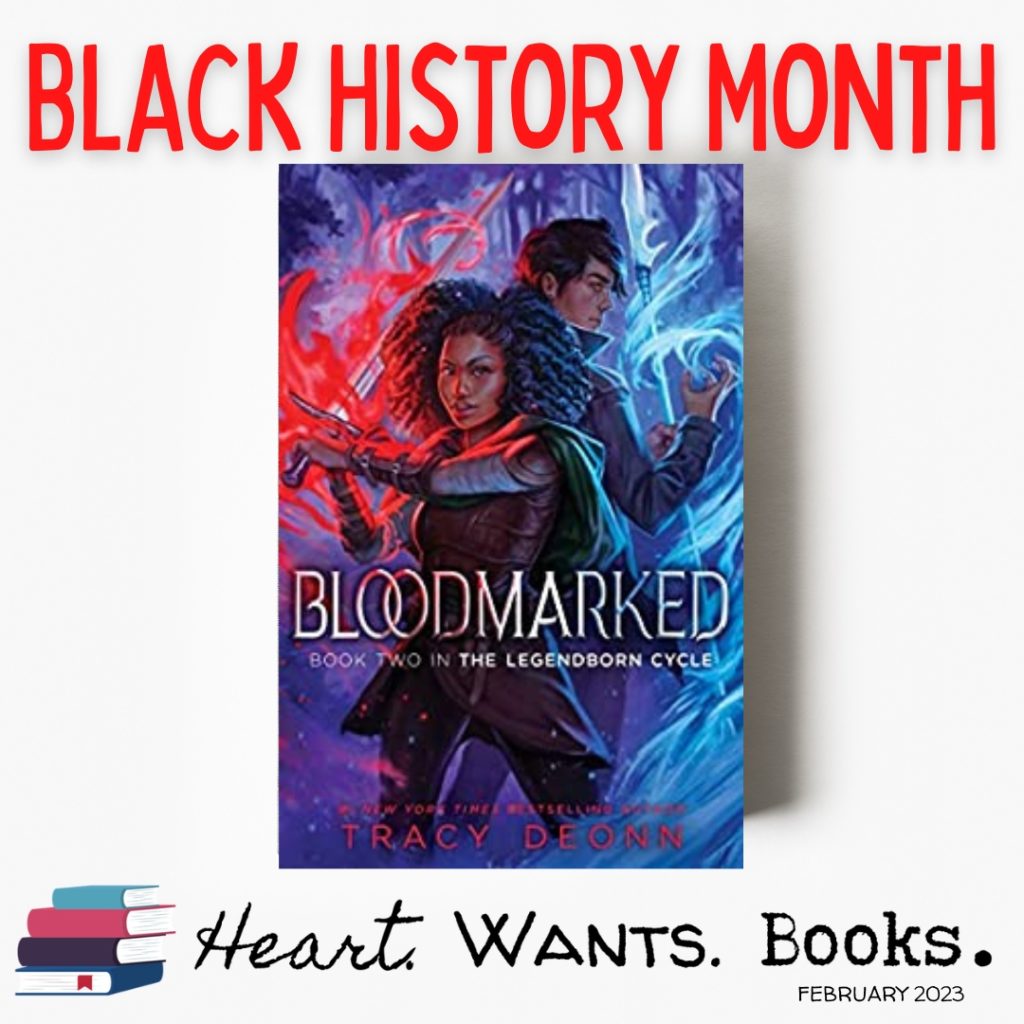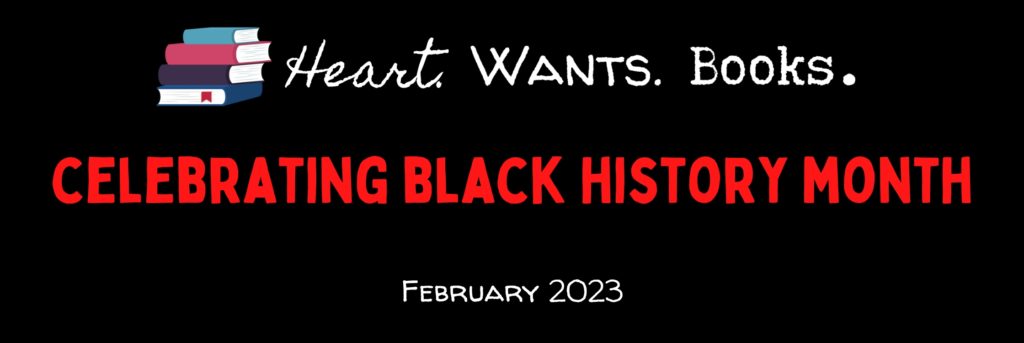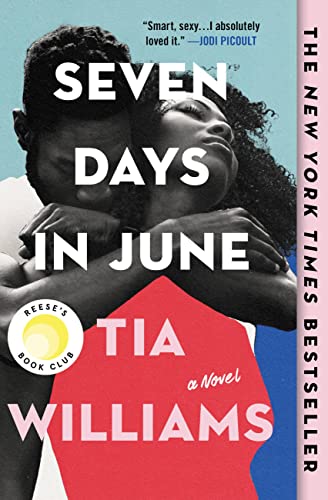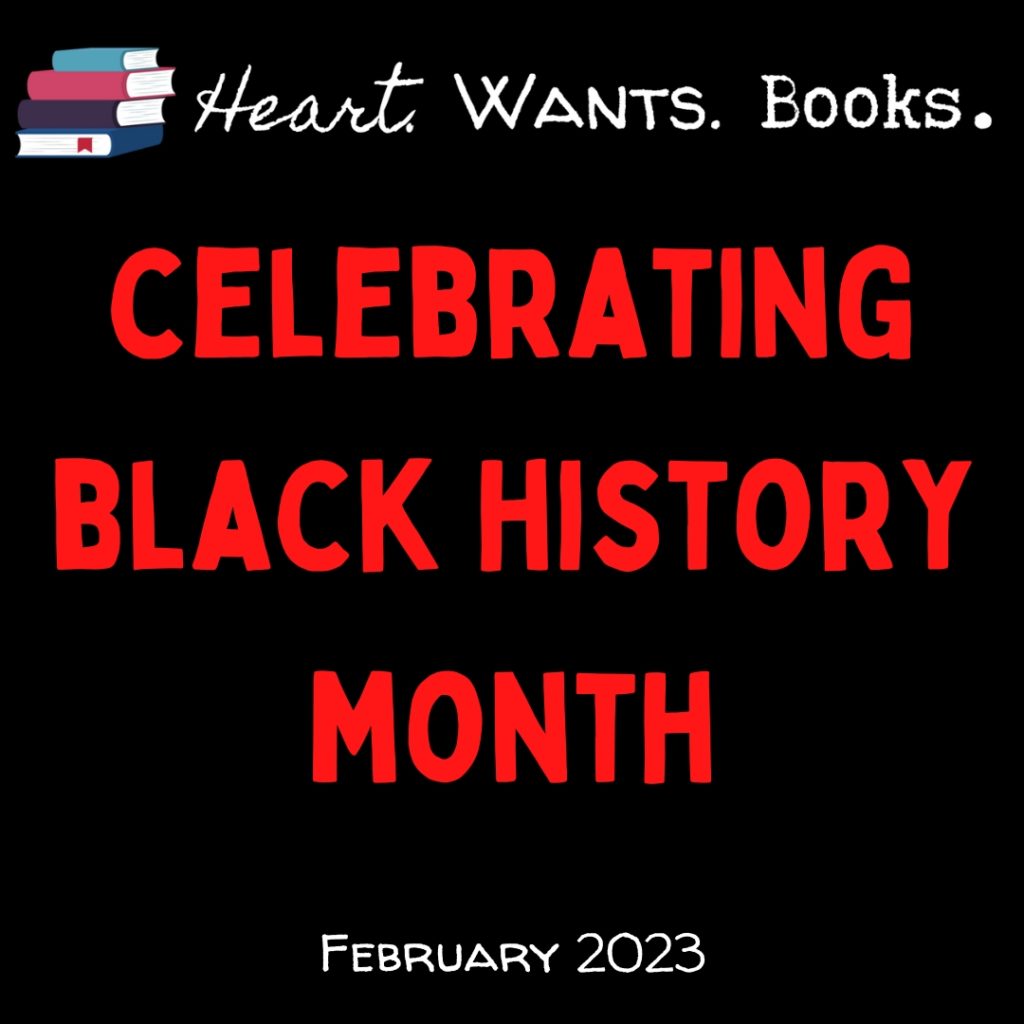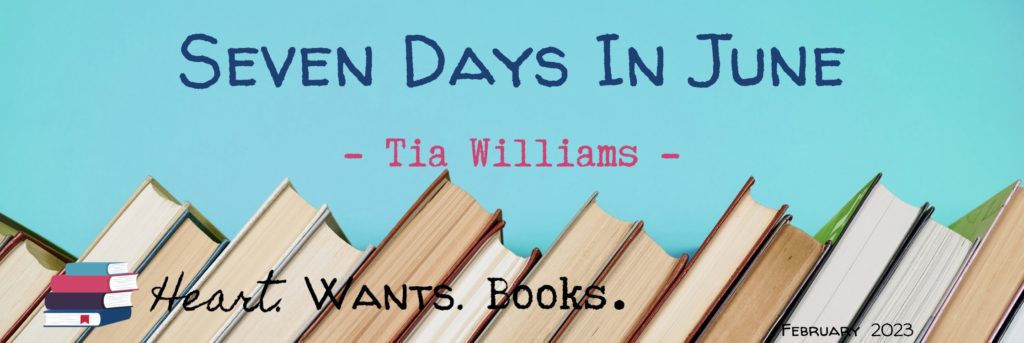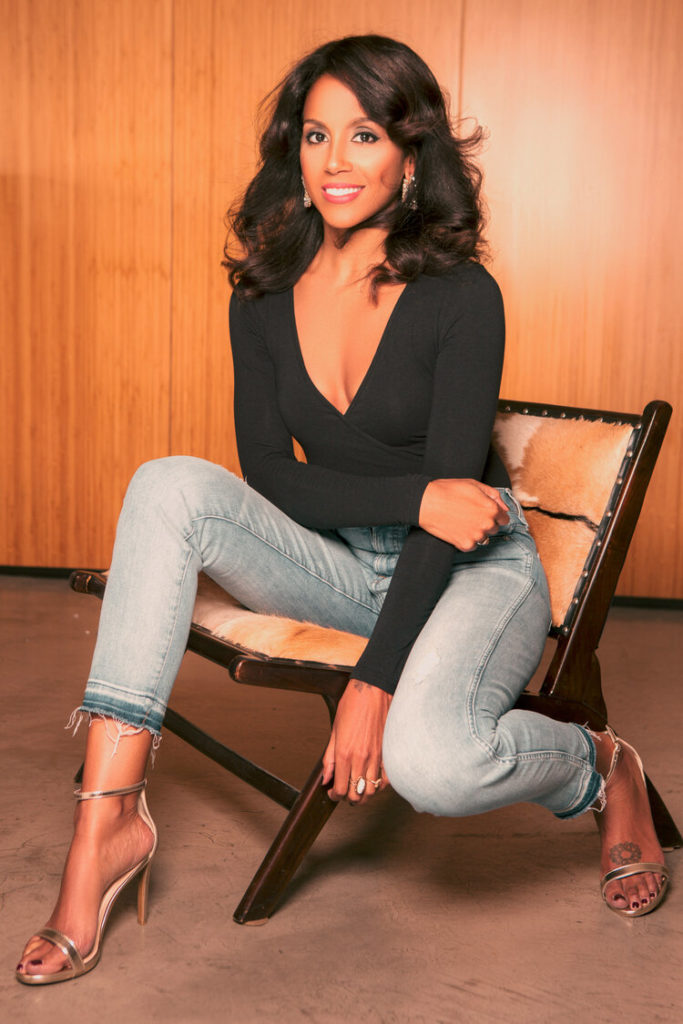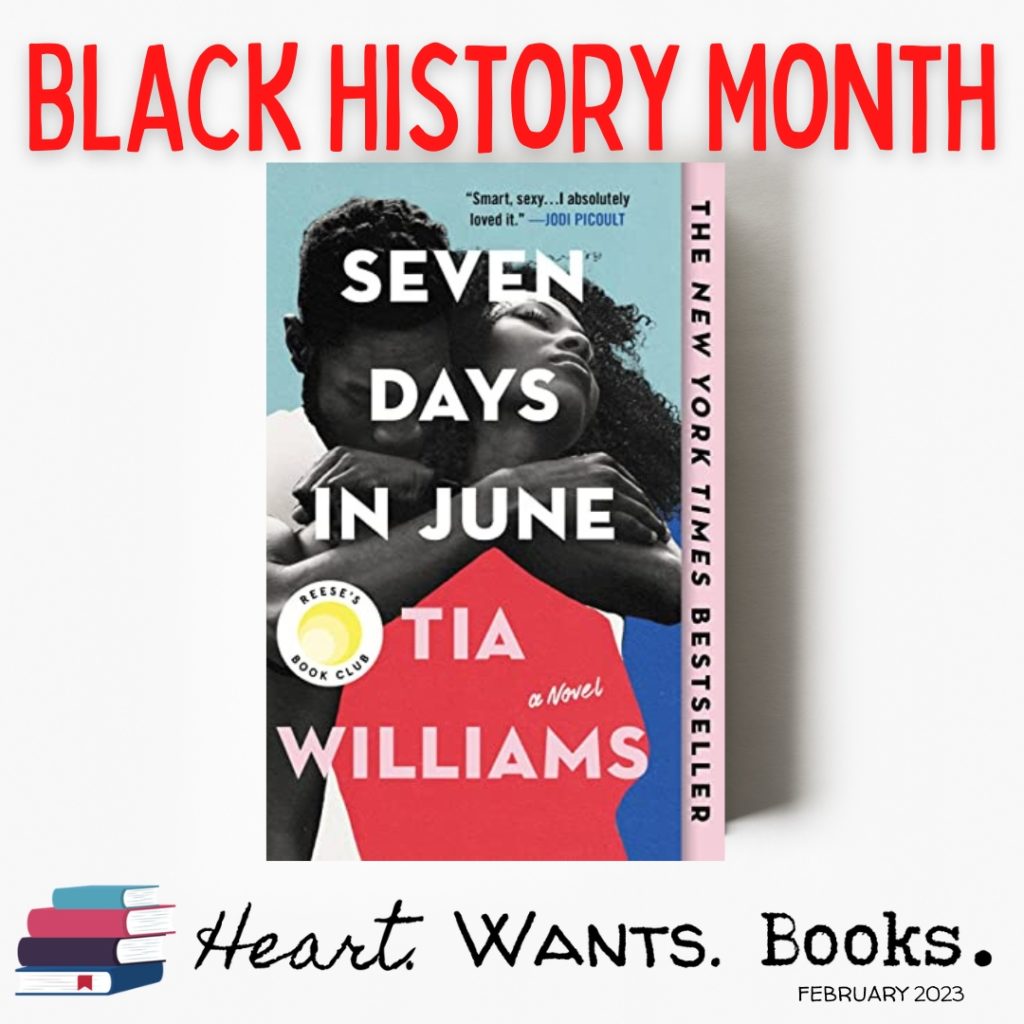Uncomfortable Conversations with a Black Man by Emmanuel Acho
February 16, 2023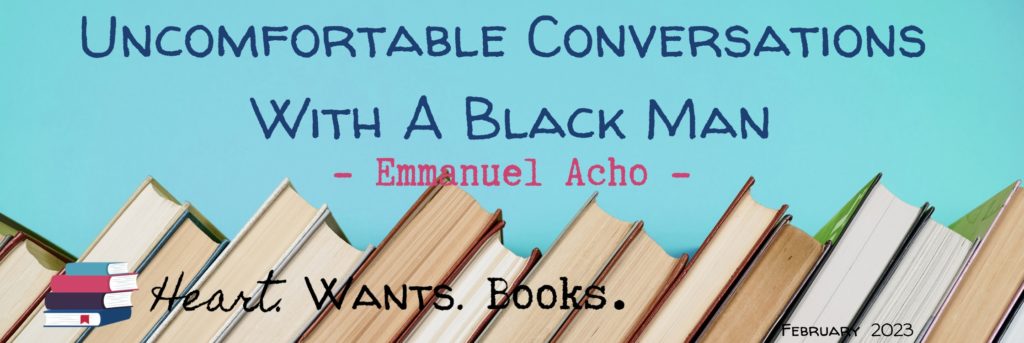
The following post includes affiliate links. More details here. As you’re doing your Amazon shopping, we’d be ever so grateful if you’d use our affiliate link to do so as it helps pay the bills around here!
When I sat down to assess my feelings about Uncomfortable Conversations with a Black Man by Emmanuel Acho, I came to the conclusion that, just like my reading life, there are multitudes. The short version is that I’m very grateful to have read it. If you’re familiar with Acho’s work as a commentator, speaker, or Instagram personality, this title has the energy and spirit you’re expecting and it was a great read. His kind, direct nature comes through every page along with his desire to bring out the best in others. It doesn’t mean this is always an easy read for everyone, but it does mean it’s an important, potentially essential, contribution.
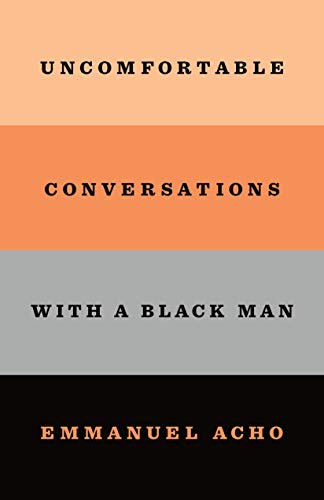
Here’s my main take on Uncomfortable Conversations with a Black Man – if you’re white, you know all those awkward questions you want to (or wish you could) ask your Black friends? The friends who didn’t sign up to be your personal guide and teacher into their ethnic and cultural experience. Well, as a rule, don’t ask them. Your friends need to be your friends, and let the people who signed up to be your guides and teachers be your guides and teachers. If folks have written a book, made a video series, or otherwise put informational content into the world, they probably want to be your guide or teacher, even if those lessons are not interactive, such as reading a book. Yes, Emmanuel Acho, a Nigerian-American, retired football player, solicited questions from people on the internet so he could answer them, and he made a video series and wrote a book, which is the subject of today’s review.
What really struck me about Uncomfortable Conversations with a Black Man is that Acho’s answers are not just from his personal experience or his friend-group and family, although there is some of that. His answers to these submitted questions start with the history and he provides a thorough, engaging explanation, not just an answer. The history combined with the kind, direct way Acho writes, made these “uncomfortable” chapters much more comfortable, at least for me. I felt like I was receiving an education, or in some cases a review with a slightly different spin, and a lot more context.
I’m giving Uncomfortable Conversations with a Black Man a solid four stars, and I highly recommend it to anyone who isn’t Black (if you are, I don’t feel qualified to comment on whether or not you should read this, but I can see this as a title you might recommend to those who need some education, and might actually engage with it). Acho has an accessible, engaging writing style and presents a historical perspective alongside the modern perspective of himself and his friends. While I don’t know if I’ll read this again, I’m interested in Acho’s other titles as well as his video series. He’s also a fun and engaging Instagram follow, but not always both, as you should imagine given the facets of his work.
What’s a title that took something uncomfortable or challenging and made it accessible for you?
~Nikki
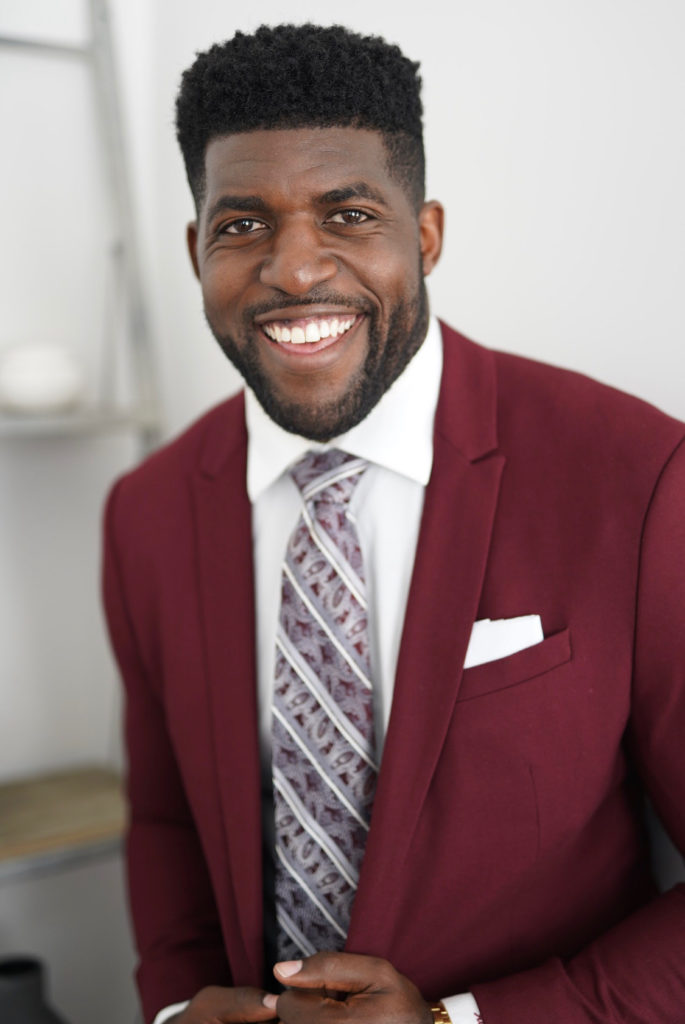
Don’t you love it when you and your book buddy are in complete agreement over your favorite things in a book? No, just me? Well, it is me when it comes to Nikki’s review and overview of Emmanuel Acho’s Uncomfortable Conversations with a Black Man. She even mentioned the Nigerian-American author’s career as an NFL player, sports commentator, and now author and podcaster. His other two works are Uncomfortable Conversations with a Black Boy: Racism, Injustice, and How You Can Be A Changemaker and Illogical: Saying Yes to a Life Without Limits.
Instead of repeating exactly what Nikki said, I’m going to give a list of some of my favorite, thought provoking quotations from this four star book:
“I had been fed the same stereotypical stuff about black people as the white kids around me, and I hadn’t been immune: they had me under the impression that the only real way to be black was to be Nelly circa 2002, minus the Band-Aid under the eye. Finally surrounded by so many different expressions of blackness, I knew I was fine the way I was. But I started to wonder: If I, a first-generation-American black man, could be taught to believe distorted things in such a short time, how much easier is it for a white person to believe them?”
“Don’t get it twisted—saying these disparities are due to bias isn’t a way out of saying they’re due to racism. Again, unconscious prejudices can manifest as racist actions, that’s the whole problem. But I think it’s important to start here, with the fact that you don’t even have to know you’re racist for the damage to be done.”
- We need to know better AND do better.
“LBJ said it best: ‘You can’t shackle and chain someone for hundreds of years, liberate them to compete freely with the rest and still justly believe that you’ve been fair.’”
- I might have a brand new favorite President. Sorry, not sorry, you problematic man Andrew Jackson.
“And white privilege is about the word white, not rich. It’s having advantage built into your life. It’s not saying your life hasn’t been hard; it’s saying your skin color hasn’t contributed to the difficulty in your life.”
- – Mic Drop.
“Cultural appropriation happens when members of a dominant group—in the United States, white people—take elements from the culture of a people who are disempowered. It’s problematic for a number of reasons. For one, it trivializes historic oppression. It also lets people show love for a culture while still remaining prejudiced toward the people of the culture and lets privileged people profit from the labor of oppressed people. On top of that, it can perpetuate racist stereotypes.”
- This really helped me understand the distinction between celebrating a culture and appropriation.
“Also, here’s a language-born mindset change: instead of thinking of it as criminal justice, think of it as justice. We get into sticky territory with the word criminal.”
- This hit me hard.
AND MY PERSONAL FAVORITE QUOTATION:
“It was like the record scratched on the happy soundtrack of the tour. I cringed. Good friend that he was, he saw my reaction and apologized. But the whole rest of the tour, and the rest of the day, I was thinking: Why in the heck do we still have things called plantation shutters? And why are white guys buying homes where a real estate agent points out plantation shutters as a selling point? I mean … how could anyone hear of plantation shutters and not think of slavery? Plantation shutters are a reminder of the worst thing America has ever done, and apparently they’re still a plus on Zillow.”
- According to a quick Google search, they can also be called California shutters. This is going to be a very difficult thing to use in my business going forward, but I’m going to try, just as I try to say Primary Bedroom and not Master Bedroom. Get with the times!
~Ashley
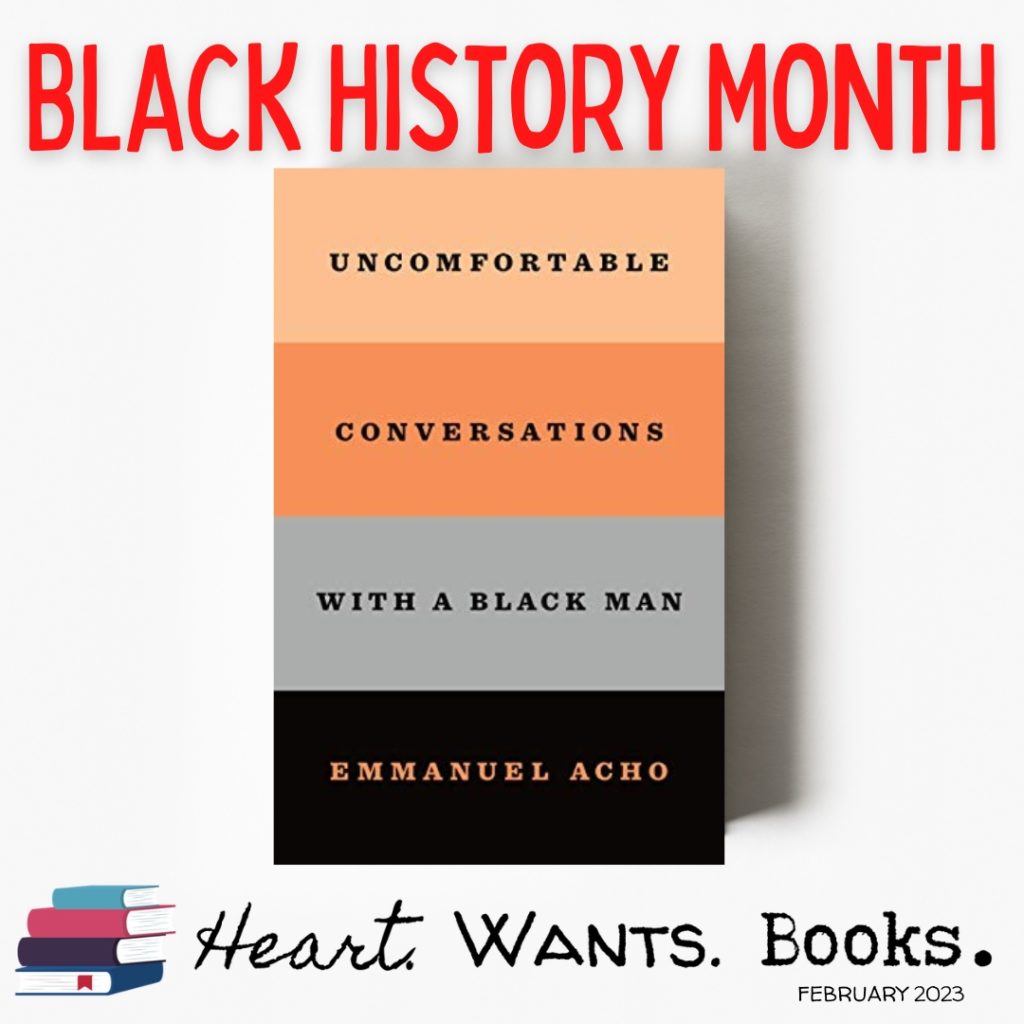
PLEASE SUPPORT US WHEN YOU SHOP BY FIRST CLICKING ON THE IMAGES BELOW:




